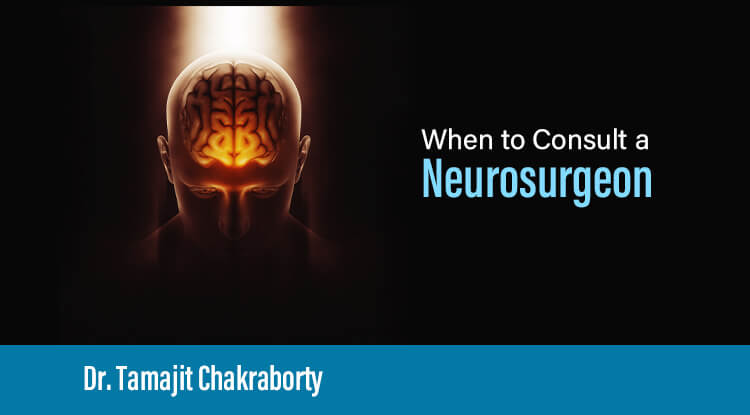As we journey through life, our bodies occasionally send signals that something might not be quite right. When it comes to neurological concerns, it’s essential to pay attention to these signals and seek professional advice when needed. Neurosurgeons, specialized physicians with expertise in the nervous system, play a crucial role in diagnosing and treating various conditions. In this blog post, we’ll explore situations in which consulting a neurosurgeon is warranted and how their expertise can make a significant impact on your health.
1. Unrelenting Headaches or Migraines:
Headaches are a common ailment, often alleviated with rest and over-the-counter medications. However, when headaches become severe, persistent, or accompanied by other neurological symptoms, it’s time to consider consulting a neurosurgeon. They can investigate potential underlying causes, such as intracranial pressure issues, and recommend appropriate treatments.
2. Persistent Neck or Back Pain:
Neck and back pain can result from a variety of causes, including muscle strain and poor posture. However, if your pain is relentless and associated with neurological symptoms like numbness, weakness, or tingling, it’s advisable to consult a neurosurgeon. They can assess whether structural issues in the spine, such as herniated discs or spinal stenosis, may be contributing to your symptoms.
3. Spinal Disorders:
Conditions affecting the spine, like herniated discs or spinal deformities, may require the expertise of a neurosurgeon. These specialists can recommend treatment options, ranging from conservative approaches like physical therapy to surgical interventions when necessary.
4. Brain Tumors:
A diagnosis of a brain tumor can be overwhelming. Neurosurgeons often play a crucial role in the treatment plan, performing surgeries to remove tumors and collaborating with other specialists to provide comprehensive care. Early consultation with a neurosurgeon is essential for timely intervention and the development of a personalized treatment strategy.
5. Epilepsy Management:
For individuals with uncontrolled seizures, exploring surgical options may be a consideration. Neurosurgeons specializing in epilepsy surgery can assess whether surgical intervention, such as the removal of a seizure focus, could be an effective treatment to manage or alleviate seizures.
6. Peripheral Nerve Disorders:
Conditions affecting the peripheral nerves, such as carpal tunnel syndrome or peripheral nerve injuries, may fall within the purview of a neurosurgeon. These specialists can offer comprehensive evaluations and a range of treatment options, including surgery when necessary, to address peripheral nerve issues.
7. Traumatic Brain or Spinal Cord Injuries:
In cases of severe traumatic injuries to the brain or spinal cord, immediate medical attention is crucial. Neurosurgeons are often part of the multidisciplinary teams managing these cases, providing expertise in surgical interventions to minimize damage and facilitate recovery.
8. Cerebrovascular Disorders:
Disorders involving blood vessels in the brain, such as aneurysms or arteriovenous malformations (AVMs), may necessitate the involvement of a neurosurgeon. Their expertise is vital in addressing these complex vascular issues, often requiring delicate surgical procedures to prevent potential complications.
It’s important to emphasize that consulting a neurosurgeon doesn’t automatically imply surgery. Neurosurgeons are trained to evaluate and manage a broad spectrum of neurological conditions, employing a holistic approach that may include non-surgical interventions like medication or physical therapy.
If you or a loved one are experiencing symptoms that raise concerns about the nervous system, consulting with a primary care physician or a specialist is the first step. They can provide guidance and, if necessary, make a referral to a neurosurgeon for a more in-depth evaluation. Remember, early detection and intervention can significantly impact the outcome of neurological conditions, so listen to your body and seek professional help when needed.
